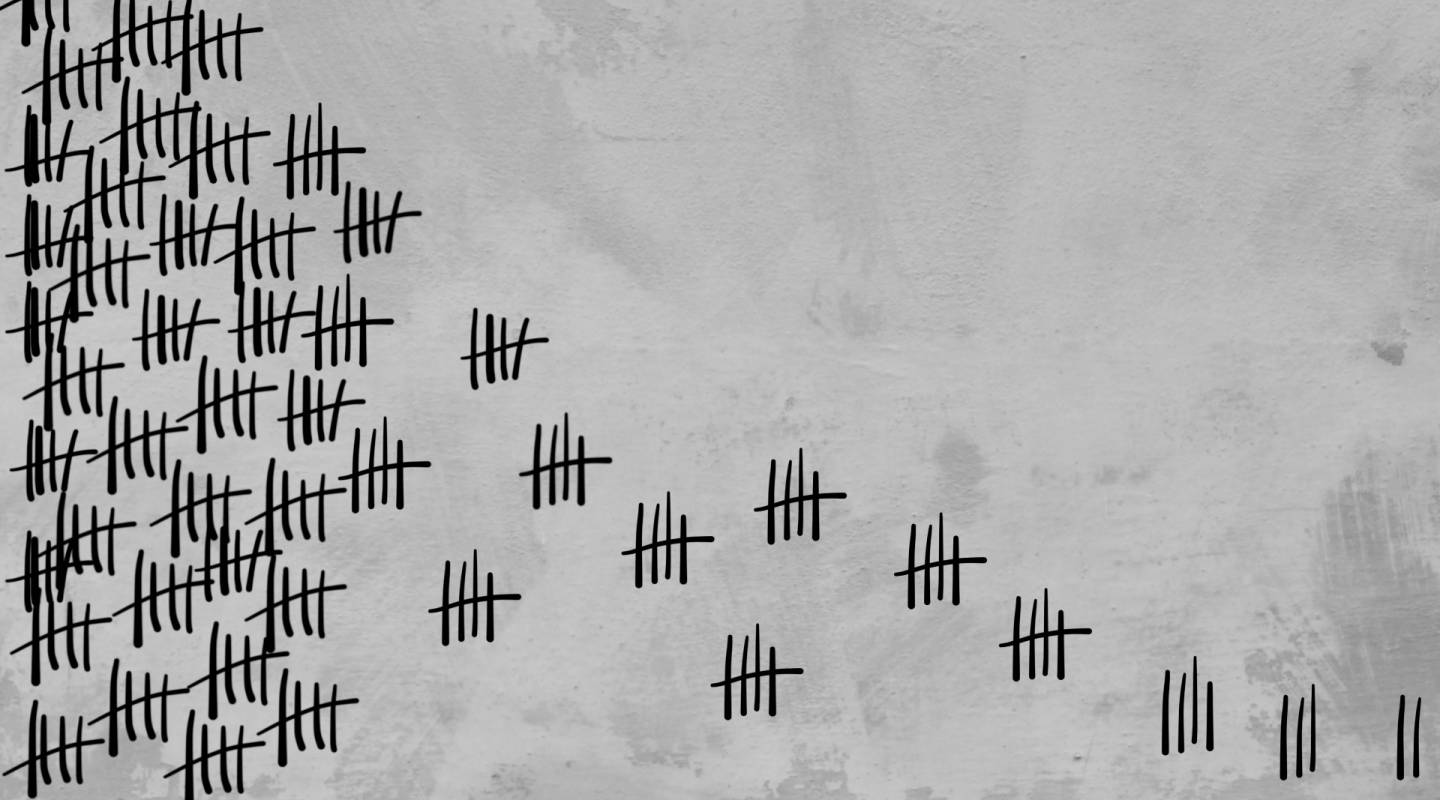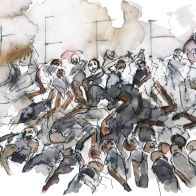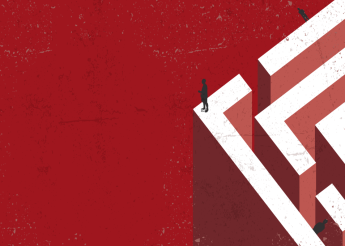
The use of imprisonment around the world
A collection of expert's insights and filmed discussions
The Institute for Crime & Justice Policy Research (ICPR), based at Birkbeck, University of London, led a comparative research and policy project to understand the causes and consequences of over-incarceration worldwide. ICPR has worked with a large network of NGOs, academic researchers and practitioners spanning this diverse selection of countries. ICPR partnered with Prison Insider in the latter stages of the project to shed light on aspects of prisoners’ lived experience in custody before and during the COVID-19 pandemic. The project team collaborated to gather national and international experts’ insights, and to facilitate a continuing global conversation around the key research findings.
The project focuses on five main themes :
- Changing patterns of imprisonment
- Sentencing
- Pre-trial justice
- Prisons and health
- COVID-19 and prisons
Discover our expert’s insights and filmed conversations to understand the use o imprisonnement around the globe.
Pre-trial justice

Kenya
finding Kafka in the criminal justice system
Gilbert M. Omware, Defence lawyer and criminal justice researcher, currently working as a Managing Partner for Mitullah, Shako and Associates Advocates LLP. discusses the injustices faced by vulnerable groups in pretrial detention.

India
Remote hearings and the rights of accused persons
Madhurima Dhanuka, Programme Head at the Commonwealth Human Rights Initiative in India, discusses the impact of remote hearings on fair trials.

Europe
the long road to human dignity
Maïté De Rue, Legal Adviser to the Open Society Justice Initiative, discusses the overuse of pre-trial detention in Europe and its consequences.

Europe
towards a binding legal framework for places of detention
Saskia Bricmont, a native of Ath in Belgium, has been a member of the Greens and the European Free Alliance (EFA) at the European Parliament since May 2019. She advocates for an open, altruistic and tolerant society and supports those who fight for democracy, human rights and social justice. Here, Saskia discusses a possible binding European framework for minimum standards on places of detention.

World
Rehumanising pretrial justice
Jago Russell, chief executive of the organisation Fair Trials, discusses the impacts of pretrial justice.

Filmed discussions on pre-trial justice
Directed by Camille Laufer
Europe: questioning the use of pre-trial detention
Will remote hearings and digital justice become the norm for pre-trial decisions in Europe?
Laure Baudrihaye-Gérard, European legal director of Fair Trials, a worldwide criminal justice watchdog, and Diana Riba i Giner MEP (Greens/EFA), discuss the potential normalisation of digital hearings in the wake of the pandemic, and the importance of research evidence in creating solutions to end over-use of pre-trial detention.
Latin America: pre-trial detention and access to justice
Prison overcrowding in Latin America - is it caused by over-use of pre-trial detention?
A discussion about rights under threat and the consequences for women, people of colour, and marginalised groups, with Isabel Roby, legal and policy officer, Fair Trials (Latin America) and Hugo Leonardo, president of the Brazilian defence lawyers’ network, Instituto de Defesa do Direito de Defesa.
Sentencing

England and Wales
short prison sentences, directions for future reform
Helen Mills, Head of Programmes at the Centre for Crime and Justice Studies, discusses the vexed problem of short prison sentences.

The Netherlands
"Going Dutch" – taking care of forensic mental healthcare
Michiel van der Wolf, psychologist and a lawyer, discusses the Dutch approach for dealing with those considered as mentally disordered offenders.

United States
surge in life sentences
Ashley Nellis, Ph.D. is a Senior Research Analyst at the Washington DC-based NGO, The Sentencing Project, which has been active in the struggle to reform American law and practice on life sentences.
United States
there’s an aging crisis in New York’s prisons and we need to solve it
Rodney Holcombe, New York State Director for Criminal Justice Reform at FWD.us, explains the aging crisis and why parole reform could reduce racial disparities in parole outcomes, and save the state millions of dollars annually.

Thailand
the overcriminalization of meth, a failed moral crusade
Pascal Tanguay is an independent consultant who has lived in Thailand for the past 17 years. Here, Pascal discusses the overcriminalization of meth-related crimes in Thailand and its consequences.

Africa
a regional campaign to decriminalise petty offences
Louise Edwards, Director of Research and Programmes at the African Policing Civilian Oversight Forum, based in Cape Town, South Africa, reflects on the works and challenges of the Regional Campaign to Decriminalise Petty Offences.

World
Life imprisonment: a sentence in dire need of reform
Olivia Rope, Executive Director of Penal Reform International (PRI), discusses life sentences, a key priority area for PRI.

Filmed discussion on sentencing
directed by Camille Laufer
South Africa: criminalizing poverty and homelessness
Can homelessness lead to prison in South Africa?
Derrick Thulani Ndlovu discusses South Africa’s justice system and prison conditions with Danielle Louw, of Ndifuna Ukwazi (‘Dare to know’), a social justice activism group based in Cape Town.
Health and COVID-19

United States
addressing the structural inequalities underlying a failing prison health system
Dr. Venters discusses the problems in prison health system in the United States and ways to address them.

Brazil
an obstacle course for prisoners' families in the pandemic
Maria Teresa dos Santos is the chair of the Associação de Amigos e Familiares de Pessoas em Privação de Liberdade (Association of friends and family members of people in deprivedation of liberty) in the state of Minas Gerais. Prison Insider has interviewed Maria Teresa her in September 2020.

Brazil
the vital work of the Public Defenders’ Office in a public health crisis
Patrick Cacicedo is a Public Defender based in São Paulo.Patrick holds a PhD from the University of São Paulo (USP), and is a researcher in prison matters. Here, Patrick reflects on the work of the Public Defenders’ Officeg and the alarming situation of Brazilian prisons during the current health crisis.

Africa
health beyond epidemics
Frédéric Le Marcis is an anthropologist. He focuses on epidemic responses in prison environment in different African countries.

Africa
informal governance and healthcare access in prison
Carole Berrih, a lawyer specialising in public law, is the director of Synergies Coopération. Her research focuses on the role of prisoners in the maintenance of order in Nigerian prisons.

Filmed discussions on COVID-19
Directed by Camille Laufer
Brazil: the impact of COVID-19 on family links and prison monitoring
Family links and independent monitoring systems in Brazil’s prisons – what are the effects of the pandemic?
Realities on the ground are discussed by Rafael Godoi, a sociologist and researcher at Rio’s Universidade Federal (UFRJ), and Alessandra Félix, an activist from Brazil’s north-eastern state of Ceará, member of the group Vozes (‘Voices of mothers and relatives’) and of Brazil’s Frente pelo Desencarceramento (decarceration front).
Solitary confinement, COVID-19 and mental health impacts
Dr Sharon Shalev is an international expert on the use and consequences of solitary confinement. She is Research Associate at the Centre for Criminology at Oxford University, and manages an informational website www.solitaryconfinement.org. Sharon authored the Sourcebook on Solitary Confinement, a practitioner’s guide to the health effects of solitary confinement, a book on the US ‘Supermax’ prisons, and reports on solitary confinement practices in England and Wales and in New Zealand. Nuno Pontes is an expert on incarceration and related human rights issues with over thirty years’ experience in the field. His knowledge of American solitary/supermax practices drives his work and activism both in the USA, and in Europe where he has been a member of the European Prison Observatory since 2013.


